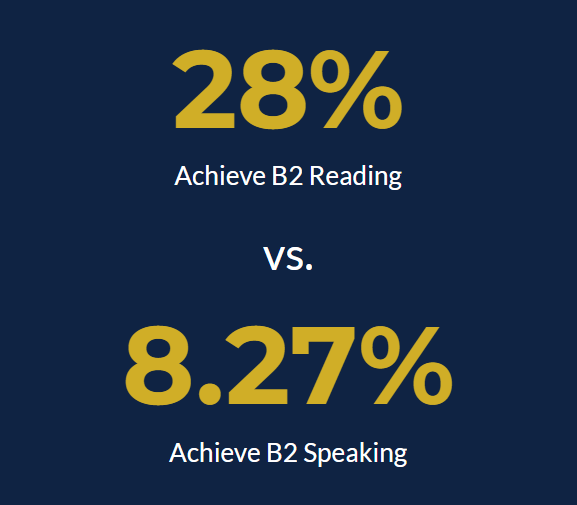How AI Erodes Oral Confidence and Threatens Taiwan's Bilingual 2030 Goals
A new landmark white paper from Uni-edit explores the critical, unspoken challenge to Taiwan’s global competitiveness and offers a strategic roadmap for educators and policymakers.


Taiwan's Bilingual 2030 policy is a bold vision for global engagement. Yet, a persistent gap threatens its success. National data reveals a stark contrast: while high school students excel in reading and listening, their speaking skills lag dramatically.
This isn't just an academic problem. In a world of global business, R&D, and diplomacy, the inability to speak confidently and persuasively in English puts Taiwan's talent at a disadvantage. Our report investigates the cultural, psychological, and now, technological roots of this growing crisis.


Antony Parnigoni: As the Education Services Manager at Uni-edit and a Lecturer at National Chengchi University, Antony Parnigoni brings a unique blend of industry insight and academic rigor to the challenges of language education. His work focuses on building practical communication skills and confidence for students and professionals in a globalized world.